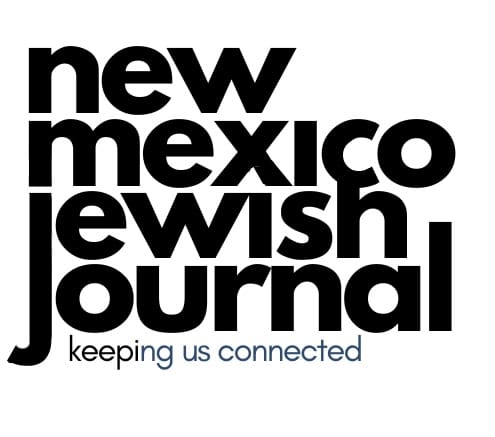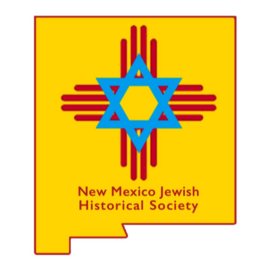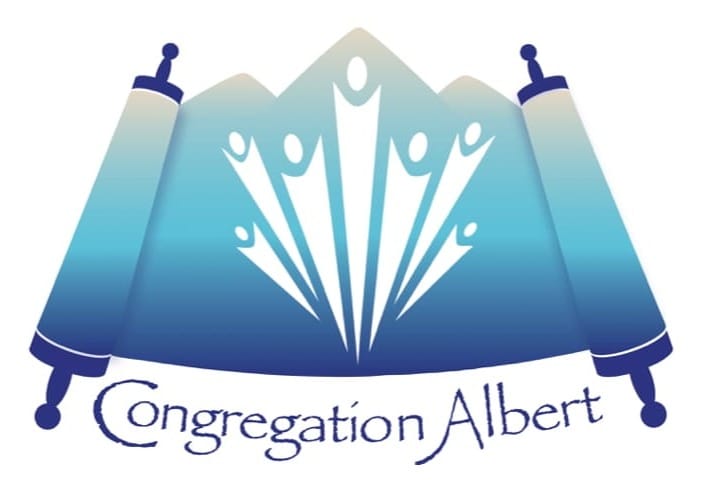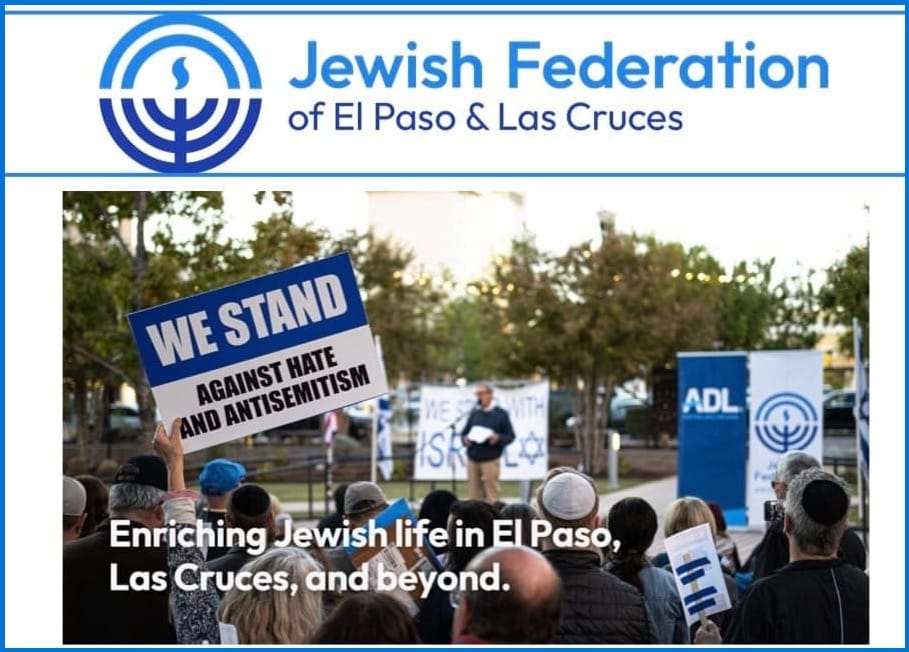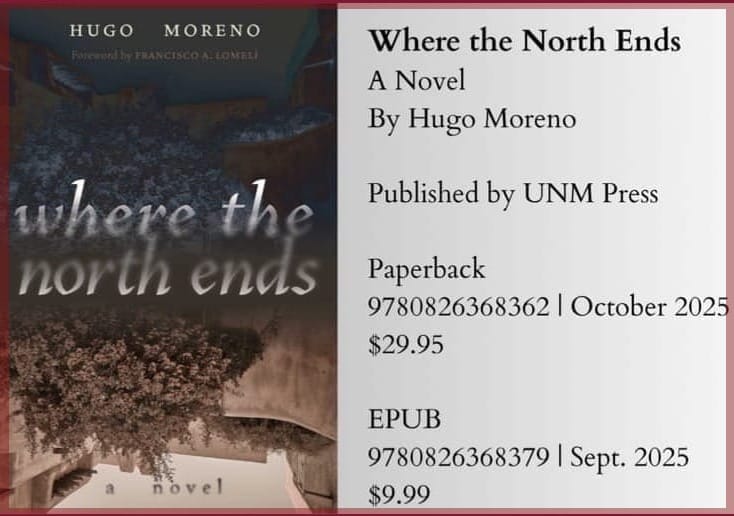Looking for your ancestors? Let Judith Fein Show You How To Get the Real Story
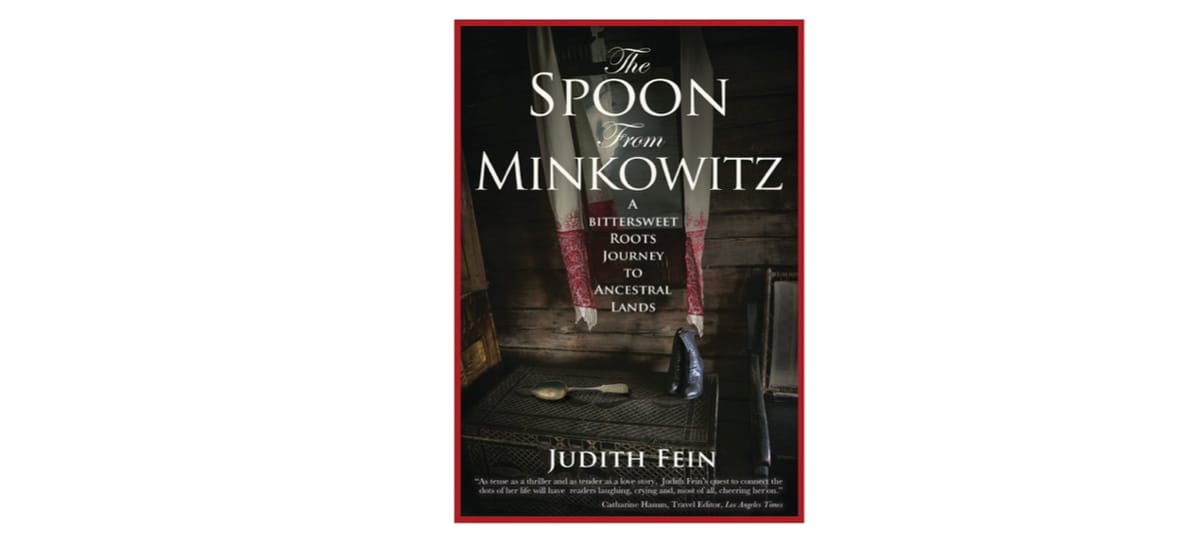
By Norma Libman
If you’ve ever wondered what life was like for your grandparents and great-grandparents, how they lived in the “old country,” as my grandmother used to call it, you really must read The Spoon From Minkowitz by Judith Fein.
Yes, you can trace your genealogical history on line, and that’s a great way to start. What I’m suggesting is actually going to the places where they grew up, touching the walls of their homes, if they still exist, eating the food they ate, talking to the people who live there now.
Whether or not you’ve done genealogical research, whether or not you’ve been lucky enough to hear stories directly from your bubbe, award-winning author and travel guru, Fein, knows you can learn so much more. She did it, and she’s happy to tell you how. And while you may not be a professional traveler, reading the book will let you see that though the search for answers may not be easy, it’s certainly possible to find some.
Fein was led into doing her own research because both her mother and grandmother refused to tell her their stories about growing up. They wouldn’t answer all her questions. She was constantly frustrated by their refusal. Her grandmother shared only six details about her life in Minkowitz: The weekly market was on Tuesday. When she was ten years old she dried tobacco leaves with the women. She lived at the bottom of a hill. The Russian girls went to school on top of the hill (she was not allowed to attend with them). The floor of the house was made of goat dung. Kamenetz Podolsk was the nearby big town.
Armed with this information, Fein set off on her search. With the help of kind and eager-to-assist local folks, and a professional guide who specialized in Jewish genealogy and history, she found the answers to most of her questions. And best of all, she found herself. “We can’t know who we are unless we know where we came from,” she says.
The trip to Ukraine, where she knew Minkowitz was located, was fraught with ups and downs, with disappointments and great joys. The book, published in 2014, speaks of a Ukraine very different from the country of today. She heard first-hand stories of Nazi cruelty during World War II. Fate seemed to intervene periodically to put her in touch with people who could answer at least some of her questions and who could fill in some of the blank spaces in the information she already had. A special bonus in the book are the photos of people and places, taken by Fein’s husband, photographer Paul Ross, that will make you want to crawl back up on your bubbe’s lap and just listen. And she even found some closure for the emotional issues she had wrestled with all her life as a result of her family’s refusal to honor her search for answers as to where they came from.
This book could, indeed, be a blueprint for anyone’s journey. I’d read it when it was first published in 2014 and now, knowing that I was going to be able to talk with Fein, I read it again. As satisfying and informative as the first reading was, this time around was a whole different experience. How could it not be? I was a different person, Fein was a different person, and most important, I didn’t have to actually travel to Ukraine to know that it was a very different place. The war!
So I asked her: How do you feel about Ukraine now? Are you still in touch with any of the people you met there? What has changed? What is the same?
The answers came out in a rush. “It’s all so personal,” she said. “I always heard that Ukraine was part of Russia. My grandmother is from Russia. But today it’s Ukraine. How did it change? I never knew how these things happened. Now I know. It’s all so horrible. We’re living through it now. Now we know the horrors of how it happens. So everything I read about Ukraine now is very personal. Before it would just be names of places in a country. Now, because I’ve been there, because I know some people, it’s just very real. The displacement. Having to leave. Being terrified.
“I’m still in touch with our guide. They have to go into shelters. But they minimize the destruction to their daily lives because they are, so far, okay. But you can imagine how horrible it must be. The people were so bright, and so open. When I was there I met with a woman I called the last Jew standing. She shared many personal stories with me. I wonder if she’s okay, if she’s still alive.”
Fein has some advice for everyone. “Talk to the oldest people in your family. Go and try to track down the places they tell you about. People always say the same thing to me: ‘Why didn’t I ask the questions you did?’ Once I gave a talk at a church and the priest came up to me and asked that question. I told him it is not too late. There are a lot of ways you can go about finding out more.”
If you, too, are plagued by that question, read The Spoon from Minkowitz and find out what you can do to get some answers.
The Spoon from Minkowitz is available on Amazon, or can be ordered from your favorite bookstore.
Return to HOME or Table of Contents
Community Supporter Advertisers of the NM Jewish Journal:
Jewish Community Foundation of New Mexico
Congregation Albert
Temple Beth Shalom
Jewish Community Center of Greater Albuquerque
The Institute for Tolerance Studies
Shabbat with Friends: Recapturing Together the Joy of Shabbat
Jewish Federation of El Paso and Las Cruces
Congregation B'nai Israel
